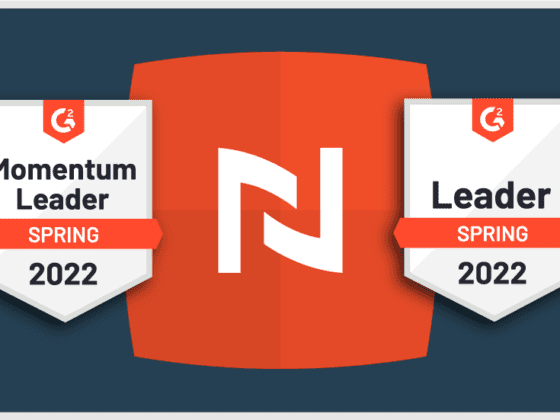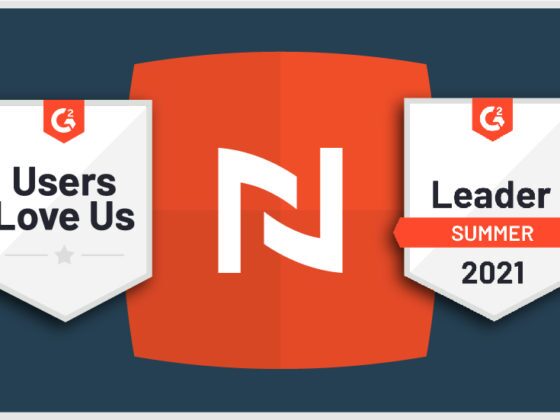Unfortunately, basic, avoidable mistakes are still upending a lot of cases before they can even get started.
One of the most important decisions a firm can make at the outset of a case is hiring an eDiscovery vendor they can trust. This vendor is likely going to be involved in collecting and processing data, which is where a lot of the most troubling mistakes happen.
With the sensible use of technology, it is increasingly clear that small firms should not be averse to taking big cases or processing large volumes of data.
Unfortunately, lawyers who haven’t been involved in major litigation involving digital documents probably haven’t had a chance to learn things that some big firms have learned the hard way. Even more, small and solo firms often have hurdles to overcome that large-scale litigators never have to think about.
For example, many lawyers who have never been involved in eDiscovery before may mistakenly believe that printing an email might be an obvious way to produce a document. However, there is a body of law that may require litigants to preserve metadata or other digital features in a document that are lost when printing.
And while large firms can routinely hire professional forensic examiners, small firms trying to operate on a budget might not be sufficiently savvy to conduct review without inadvertently altering data. Firms that are not confident in their ability to maintain data integrity and chain of custody can benefit from outside support.
In addition, many firms find it necessary to hire experts for special hearings in defense of eDiscovery procedures. This is one reason it is vital to document every step taken – a judge should be convinced that your discovery efforts are sufficient with ample documentation. See Merck Eprova AG v. Gnosis S.P.A., for an example of insufficient supervision of the discovery process.
Here are some questions to ask any potential vendors and partners before any engagement.
Questions for eDiscovery Vendors
1. Can a forensic examiner provide references and demonstrate expertise with the type of evidence likely to be encountered?
Forensic examiners often cite certifications in their field, but the standard for these can be quite low. Examiners with technical certifications from software providers like Microsoft or enCase, the popular forensic examination tools, are likely more sophisticated about managing digital evidence. A good examiner should be able to offer expert testimony in defense of their techniques, so make sure they are someone you would want to testify in court on your behalf.
2. Do you charge for processing?
Do you charge for imaging files? Do you charge for production of evidence? For uploading data? What processing services are available? Many EDD service providers quote prices for a flat cost for importing data, but more costs can be incurred at different phases of the process. Also consider whether a provider offers unlimited licenses, or if they charge per reviewer or user.
3. What output options are available (e.g., native, TIFF, PDF, load files)?
Are there charges to convert files for production?
4. If the scope of the trial increases, can the vendor deliver more resources?
Can your service scale to handle gigabytes, or even terabytes of data? Discovery demands will likely change, and your provider needs to be able to scale to meet that challenge. Hosted cloud platforms can manage volumes of data that locally installed software cannot.
5. What type of licensed technology does the software use?
eDiscovery software providers don’t like to admit it, but beneath that snazzy interface, almost all use the same licensed search technology, such as DTSearch, Lucene, or Stellant. Find out if the provider’s technology is built and maintained by a team of dedicated developers, or if an application is a Frankenstein’s monster made up of licensed technology.
6. What levels of support are available?
Small firms should try to manage as much of the process themselves as possible, but when help is needed, is your vendor available?
7. How does your vendor protect privileged and redacted information?
What are their practices for tracking and maintaining a chain of custody?
8. How does the vendor transfer documents to opposing parties?
Is it secure and electronic? Who reviews the data and how thorough is your quality check before data goes out the door?
These are some of the high-level questions to consider when engaging a vendor for eDiscovery. Of course, don’t neglect to perform extensive background checks on any vendor – the eDiscovery world is a small, congenial place where everybody knows everyone else. If someone’s processes are suspect or they have failed in the past, a reference check ought to turn something up.
Bonus Litigation Tip:
When working with outside experts, provide them with the original pleadings in the case, as well as any other documents that may be pertinent to forming a search protocol. The more information you can share, the better any eDiscovery process will likely succeed.
Explore Nextpoint’s eDiscovery Solution
Now that you know what to look for in an ediscovery software vendor, why not see how Nextpoint stacks up? Click the button below to book a demo and see Nextpoint’s ediscovery solution in action.







